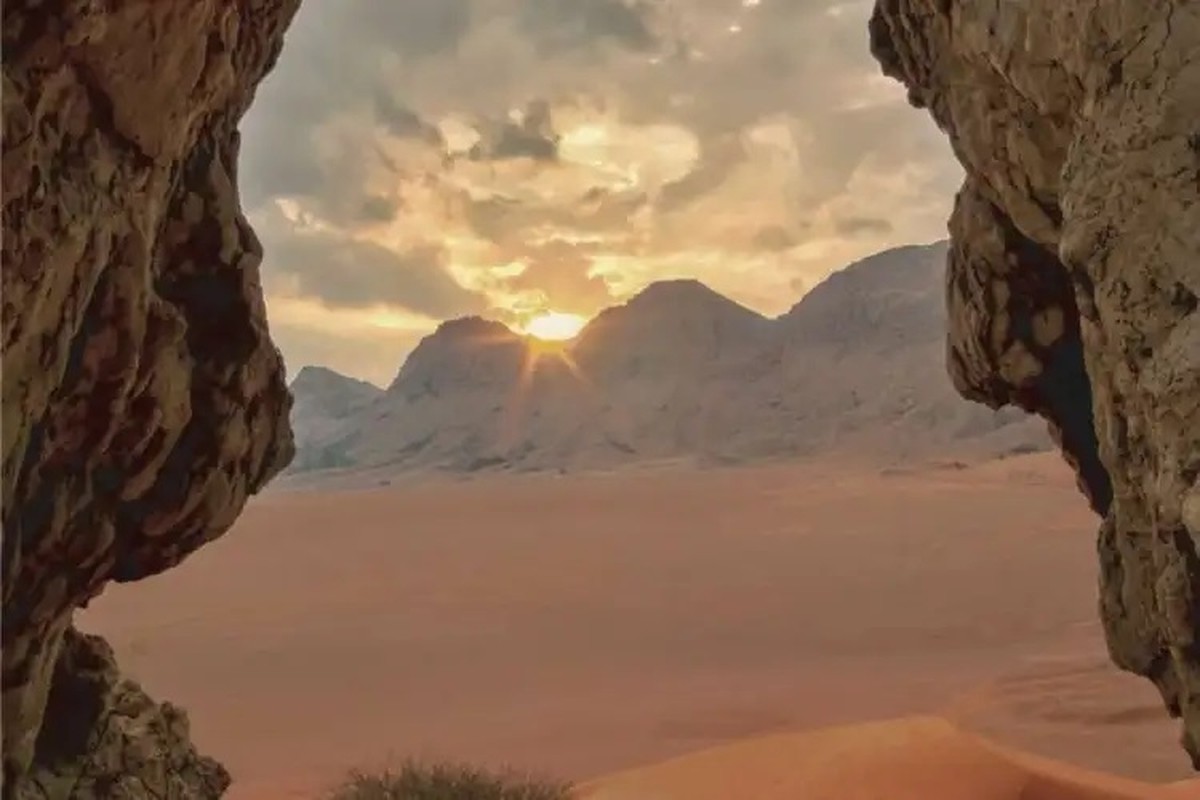12/07/2025
12/07/2025

KUWAIT CITY, July 12: The National Council for Culture, Arts and Letters (NCCAL) warmly congratulated the leadership, government, and people of the United Arab Emirates and the Emirate of Sharjah on the inclusion of the Al Faya archaeological site in UNESCO’s World Heritage List for 2025.
In a statement to KUNA, Abdulrahman Al-Mutairi, Minister of Information and Culture, Minister of State for Youth Affairs, and NCCAL Chairman, expressed pride in this milestone and commended the UAE’s continuous commitment to cultural and heritage preservation.
NCCAL noted that the inscription highlights the UAE’s ongoing dedication to safeguarding human heritage and preserving the rich cultural and historical identity of the region. This recognition also enhances Arab and Gulf contributions to the global heritage landscape.
The Council wished the UAE further progress and success in promoting its cultural legacy internationally.
Her Excellency Sheikha Bodour bint Sultan Al Qasimi, the official ambassador for the nomination, accepted the recognition on behalf of the UAE and Sharjah. She emphasized that the Faya Palaeolandscape underlines Sharjah’s important role in early human history, with findings that showcase the ingenuity of ancient human communities.
This achievement crowns over 30 years of research and excavation by the Sharjah Archaeology Authority, in partnership with international academic institutions like the University of Tübingen and Oxford Brookes University. Since 2014, this work has been a key part of UNESCO’s Human Evolution, Adaptations, Dispersals and Social Developments (HEADS) program.
Eisa Yousif, Director-General of the Sharjah Archaeology Authority, described the inscription as a result of scientific excellence, cultural responsibility, and global collaboration. He remarked that Faya now belongs to all humanity, just as it did more than 210,000 years ago.
The UAE and Sharjah have outlined a long-term conservation and management plan (2024–2030) focused on sustainable tourism, continued research, and education, aligned with UNESCO’s guidelines.
Currently, there are 96 UNESCO World Heritage Sites in 18 Arab countries. With this addition, the global list includes 1,226 sites of outstanding universal value across 168 nations.


